Lost in Translation: 30 Japanese Words & Phrases Have No English Equivalent
The Japanese language is rich with words and phrases that carry meanings and cultural significance that often can’t be directly translated into English. These linguistic gems offer a window into Japanese customs, values, and ways of thinking. Learning some of these untranslatable Japanese words and sayings can provide deeper insight into the Japanese experience.
30 Untranslatable Japanese Words and Phrases
Ikigai (生き甲斐)

Meaning: A reason for being; a purpose or passion that gives life meaning.
Wabi-sabi (侘寂)
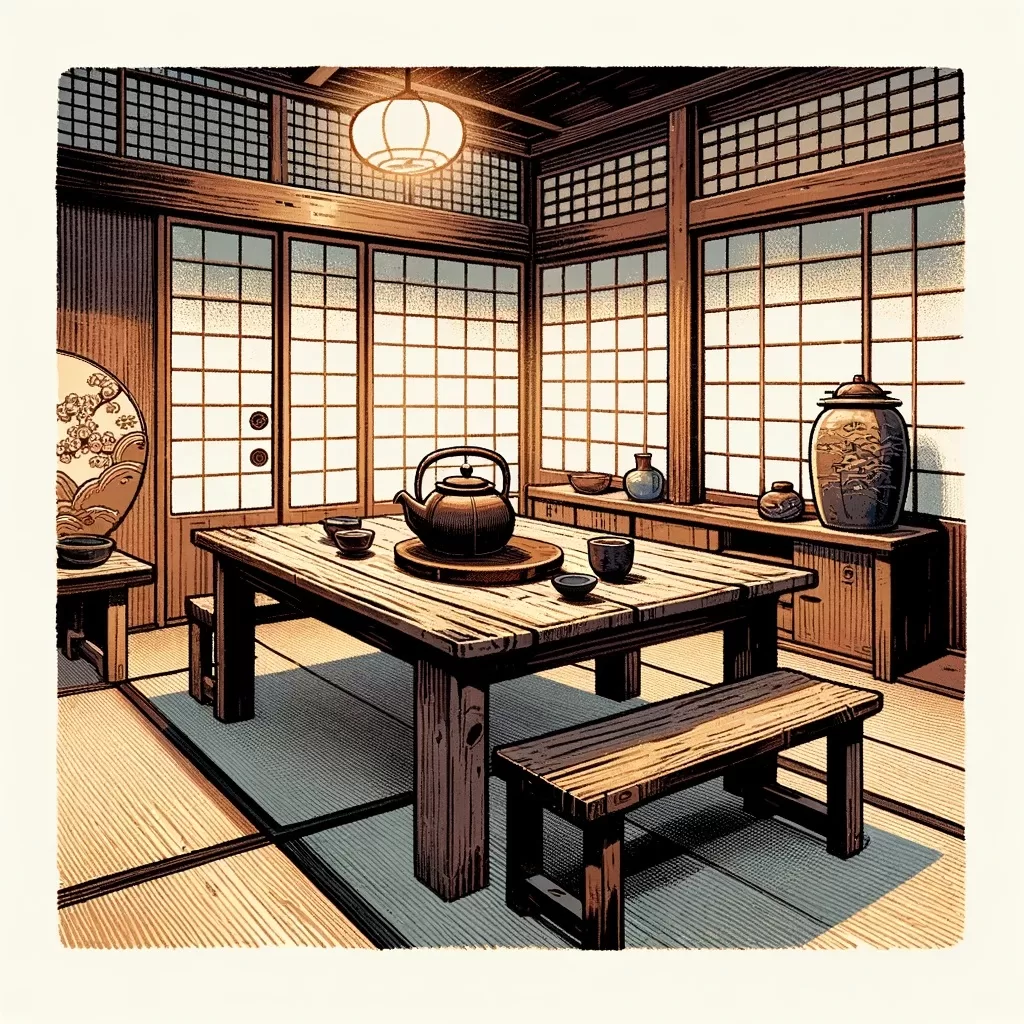
Meaning: An acceptance and appreciation of transience and imperfection. Finding beauty in things that are simple, aged, or imperfect.
Mono no aware (物の哀れ)
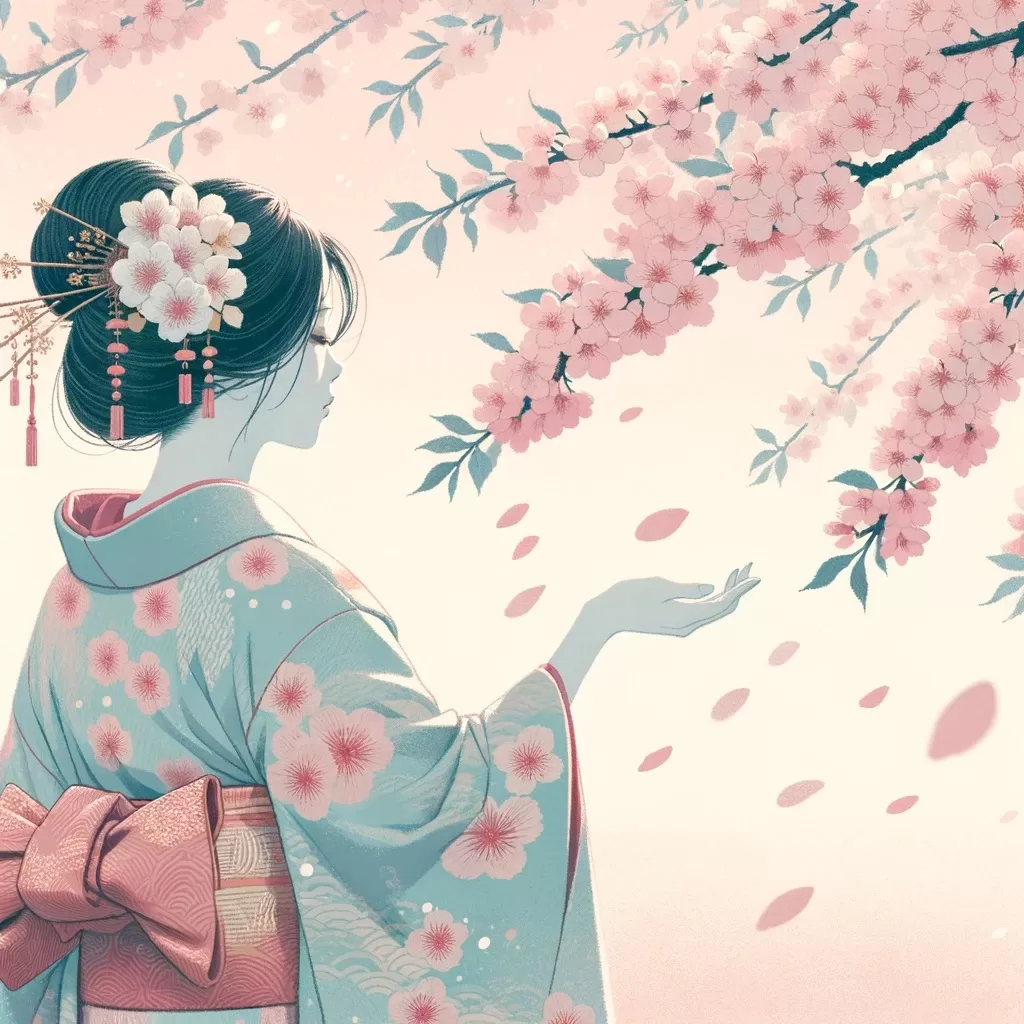
Meaning: Being acutely aware of the transience of things coupled with a gentle sadness at their passing.
Komorebi (木漏れ日)

Meaning: Sunshine filtering through trees.
Shirōto (しろうと)
Meaning: The desire to prove oneself.
Koi No Yokan (恋の予感)
Meaning: A premonition upon first meeting someone that you will eventually fall in love with them.
Yamato nadeshiko (大和撫子)
Meaning: The personification of an ideal Japanese woman.
Otsukaresama (お疲れ様)
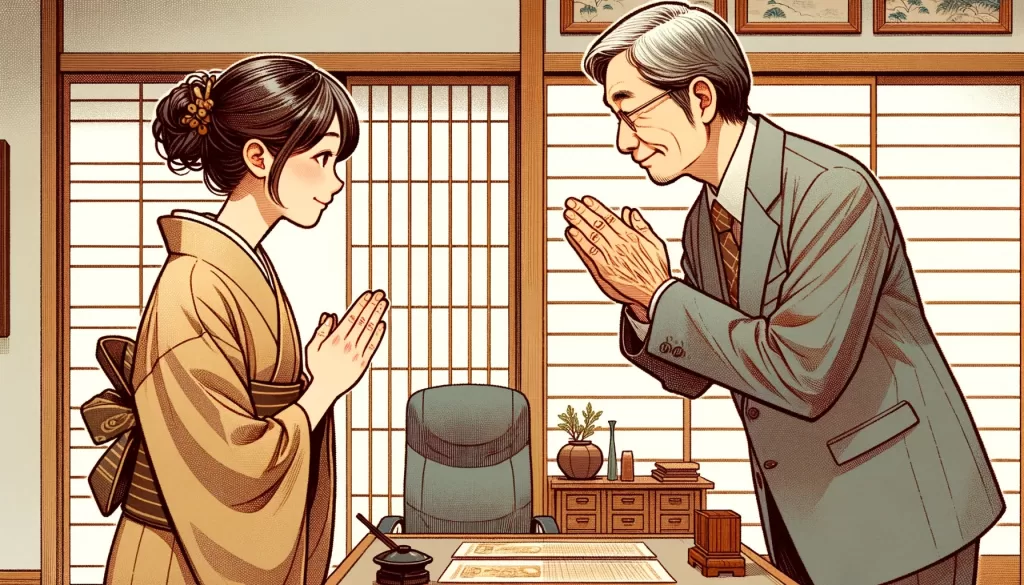
Meaning: An expression of gratitude for someone’s hard work.
Natsukashii (懐かしい)
Meaning: Experiencing sentimental feelings upon encountering something nostalgic.
Majime (真面目)
Meaning: Being serious, diligent, and sincere.
Ametsuyu (雨露)
Meaning: The refreshing feeling experienced when out in the first rain after a long dry spell.
Komatta (困った)
Meaning: Being in trouble or a state of distress.
Kareshi (彼氏)
Meaning: Boyfriend.
Ganbatte (頑張って)
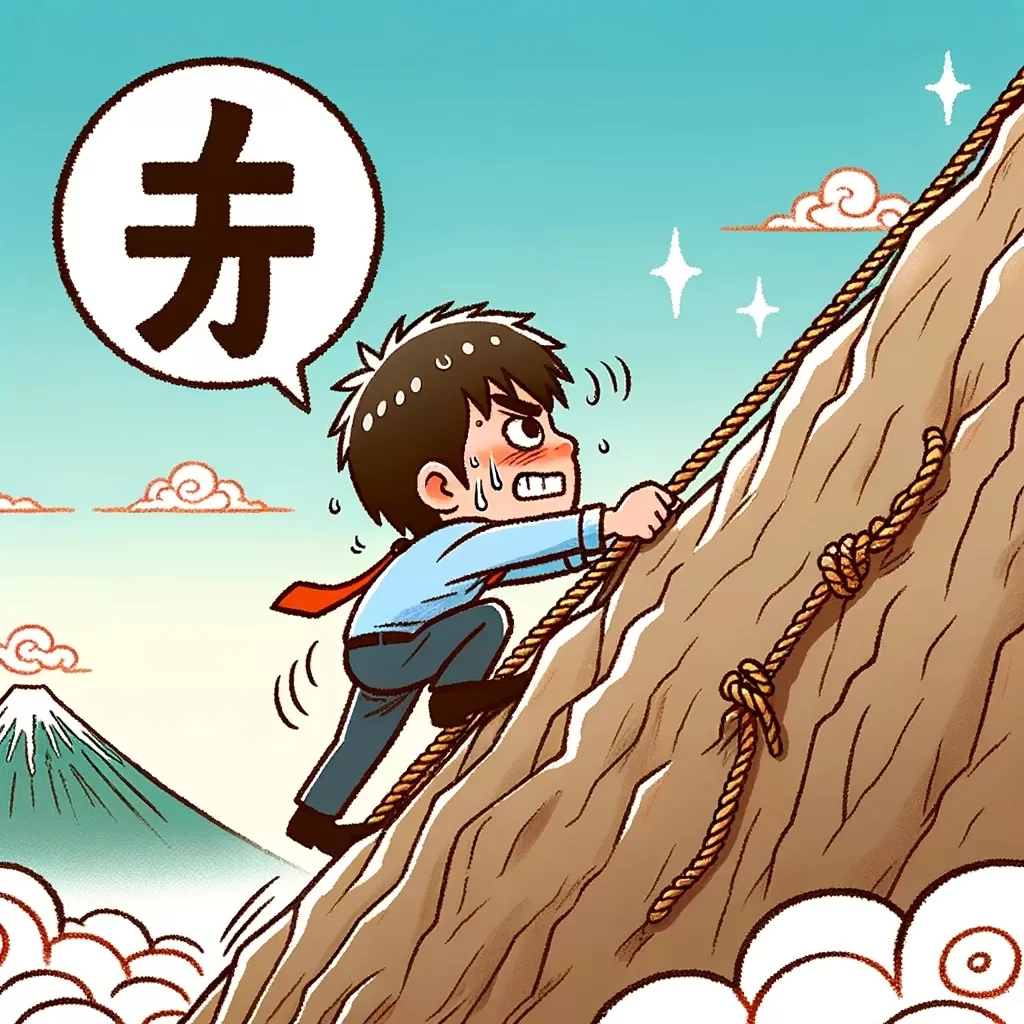
Meaning: An encouragement meaning “do your best!”
Omoiyari (思いやり)
Meaning: Being considerate and empathetic towards others.
Shikata ga nai (仕方がない)

Meaning: An acceptance that some things in life can’t be helped.
Mottainai (もったいない)
Meaning: Feeling regretful over waste, whether material or abstract.
Kenjataimu (けんじゃタイム)
Meaning: Post-coital period when a man’s thoughts are not clouded by sexual desire.
Aijō (愛情)
Meaning: Feelings of affection and love.
Kūki o yomu (空気を読む)
Meaning: Reading the air; being able to assess the mood or atmosphere of a situation.
Nemawashi (根回し)
Meaning: Laying the groundwork before making a proposal or announcement.
Hito no me (人の目)
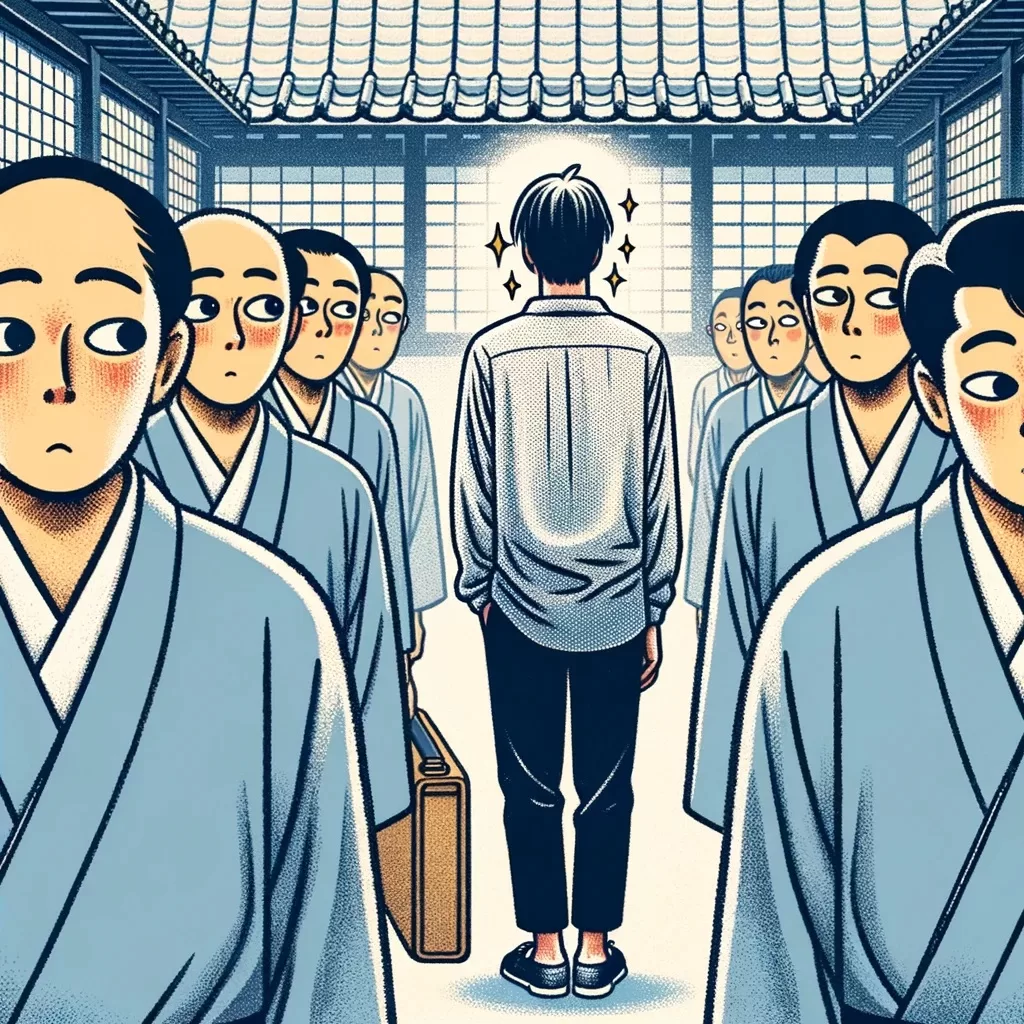
Meaning: Being concerned about how others see you.
Yoroshiku onegaishimasu (宜しくお願いします)
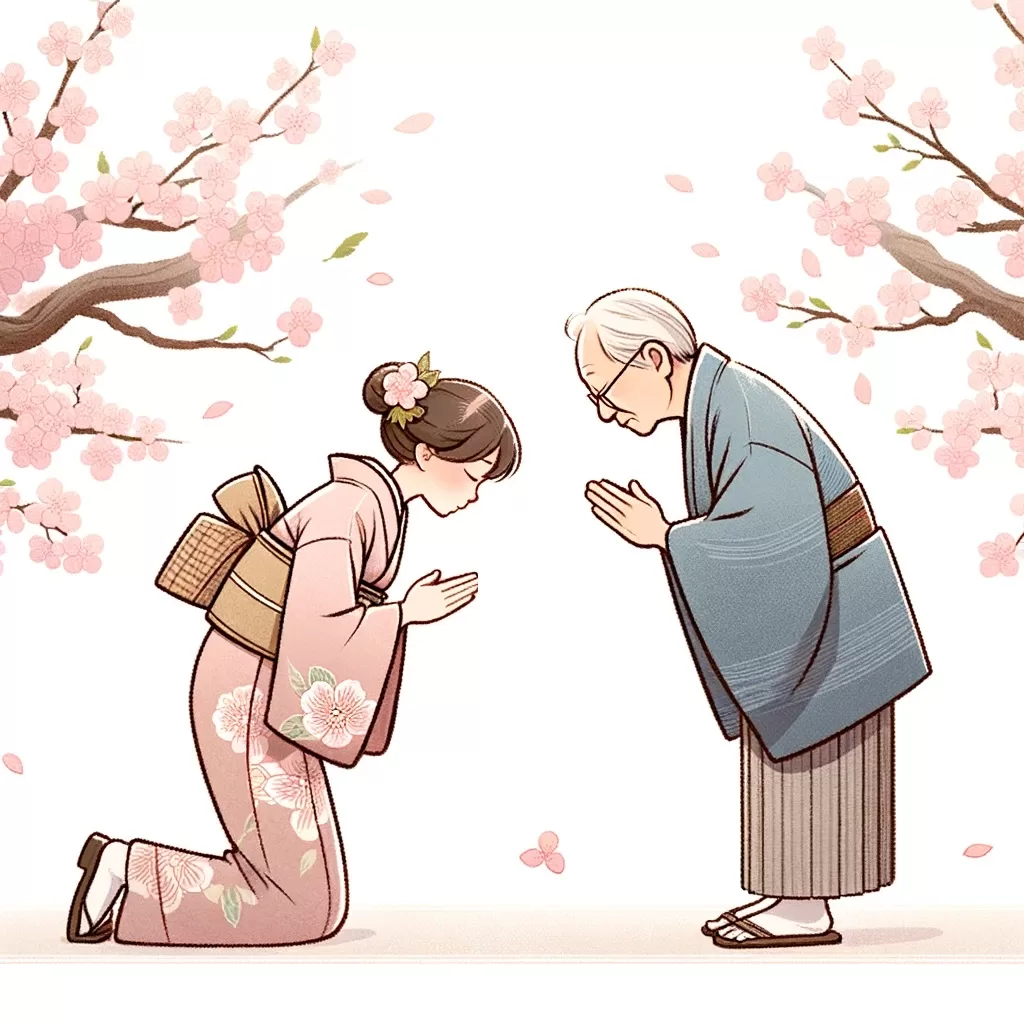
Meaning: Said when meeting someone for the first time; expresses hope for a positive relationship.
Gaman (我慢)
Meaning: Enduring a difficult situation with self-control and dignity.
Osewa ni narimasu (お世話になります)
Meaning: Thank you for taking care of me; expresses gratitude for assistance.
Ninjō (人情)
Meaning: Humanity and human empathy.
Omocha no kami (おもちゃの神)
Meaning: The spirit that inhabits beloved childhood toys.